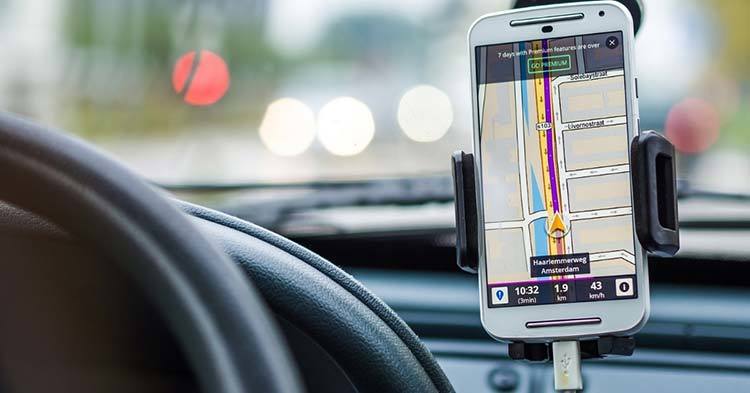
How Uber and Lyft Drivers Bypass the Handheld Phone Tech Law in Pennsylvania
The Pennsylvania Department of Transportation advises that more than 90% of all motor vehicle accidents are caused by driver behavior. Distracted driving is one of those behaviors. According to the National Highway Transportation Safety Administration, (NHTSA), distracted driving consists of “any activity that diverts attention from driving, including talking or texting on your phone …” The NHTSA reports that texting is the most dangerous distraction. It advises that when a driver takes his or her eyes off of the road at 55 mph for five seconds to send or read a text message, that’s equivalent to driving the length of a football field blindfolded.
More...
Pennsylvania Permits Cellular+ Calls on its Roadways
The general rule in Pennsylvania is that drivers are allowed to use handheld phones other than for texting. The controlling statute is found at PCS Title 75 section 3316(a) which states as follows: “No driver shall operate a motor vehicle on a highway or trafficway in this Commonwealth while using a wireless interactive communications device to send, read or write a text -based communication while the vehicle is in motion.
A person does not send, read or write a text-based communication when the person sends, reads or enters a telephone number or name in an interactive wireless communications device for the purpose of activating or deactivating a voice communication or telephone call.” On that basis, rather than texting somebody, an Uber or Lyft driver need only place a call to that individual for a few pennies more. Under existing Pennsylvania law, that call is perfectly legal.
The Statute that Uber and Lyft are Trying to Dodge
PCS Title 75 section 1622 prohibits an employee of an entity from using a handheld mobile telephone while driving in a commercial motor vehicle or motor carrier vehicle. In the eyes of Uber and Lyft though, individuals who associate with them as drivers aren’t employees, even though they are covered under the Uber/Lyft insurance policies while conducting business. Drivers must acknowledge in writing that they’re independent contractors and not employees before they can even access the Uber or Lyft driver app.
A proposed complete ban on handheld cellphone use on Pennsylvania roadways has again made it through the state’s House of Representatives. Similar bills have stalled before. If passed, this could pose some obvious challenges to the current Lyft and Uber business model.
Related Posts
Are Dodge Chargers Expensive to Fix?
Fleet Fuel Cards for Optimal Car or Truck Expense Tracking
Top Simple Ways to Improve the Look of Your Car
A look under the hood of Waymo robotaxis
What are toll roads, and how to pay the tolls?
